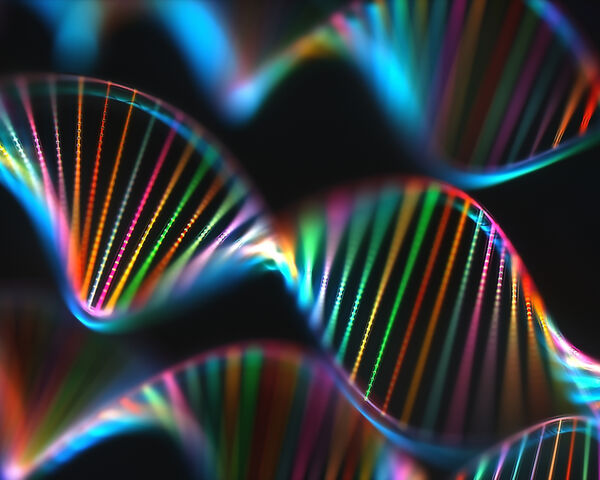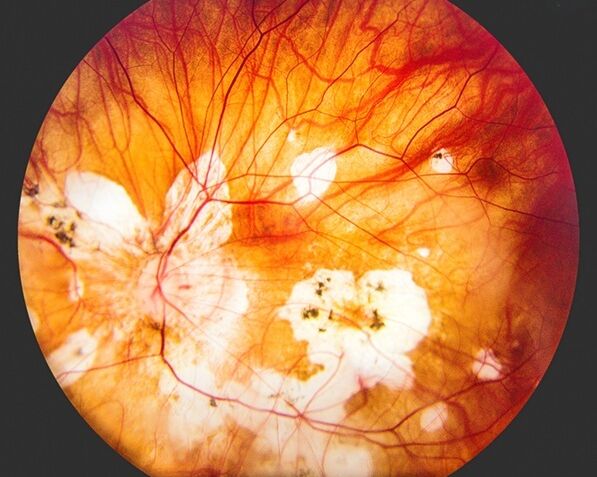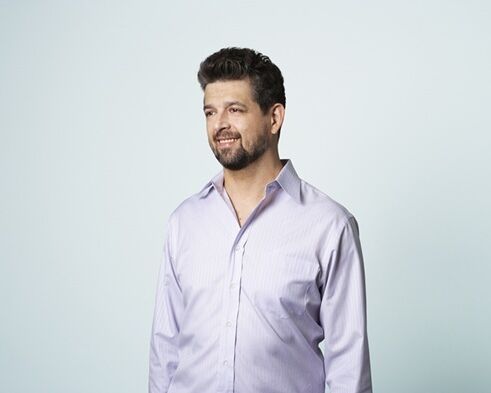Rare Disease Day 2023: how we're supporting rare conditions
Today Genomics England is marking Rare Disease Day, which aims to raise awareness amongst the general public and decision-makers about rare diseases and their impact on patients’ lives.
10 years on from the launch of our very first initiative – the 100,000 Genomes Project – we're continuing to drive diagnoses and research into rare conditions.
6,625 participants with rare conditions received a diagnosis which had not been possible by routine care through the 100,000 Genomes Project. By supporting the NHS Genomic Medicine Service – the first healthcare system in the world to offer whole genome sequencing as part of routine clinical care – we're still helping to provide answers for people with rare conditions.
But our work doesn’t stop there, our clinical research interface provides a safe and effective way for insights and data to be exchanged between researchers and NHS clinical teams, helping to bring new diagnoses, explain symptoms and support onward care for participants.
About rare conditions
A rare condition affects fewer than 1 in 2,000 people within the general population. It is estimated that there are over 7,000 rare conditions, with new conditions continually being identified as research advances.
Many rare conditions can be chronic and life-threatening and take longer to diagnose and treat than other more common conditions. While around 80% of rare diseases have an identified genetic origin, they can also be caused by other factors such as disordered immunity or infections.
Although rare conditions are individually rare, they are collectively common, with 1 in 17 people being affected by a rare disease at some point in their lifetime. Children are disproportionately affected, with around half of those with a rare condition being under 5 years old.
New Rare Diseases Action Plan published
Today the Government published a new Rare Diseases Action Plan for England focused on ensuring those living with these conditions receive better care and treatment, fairer access to testing and have continued support.
The plan builds on the first ever Rare Diseases Action Plan for England published in 2022 and highlights Genomics England’s contributions towards this national vision to improve the lives of the approximately 3.5 million people in the UK living with a rare condition. This includes ongoing public engagement to guide the design of the Newborn Genomes Programme and our work to identify and return over 1000 new, complex diagnoses for people with rare conditions to the NHS, via the Genomics England Clinical Research Interface.
Events for Rare Disease Day
Your Genome, Your Voice sight loss webinar
This evening, we’re hosting a webinar with scientist Dr Gavin Arno, clinician Dr Siying Li, patients and charity representatives to discuss a new genomic technique called long-read sequencing and explore its significance for those with sight loss.
This webinar is the next in a series aiming to create a forum for the sight loss community and researchers, raising awareness of the latest scientific developments and shaping the direction of future research initiatives through patient-researcher dialogue.
Watch our previous webinar from this series featuring Genomics England’s Vivienne Parry and Jamie Ellingford, and Dr Mariya Moosajee, Consultant Ophthalmologist from Moorfields Eye Hospital.
Research seminar
At 2pm, we're hosting a seminar with 2 researchers who are working with the participant data that we hold to better understand rare conditions. They'll be sharing what they're working on: register to attend.
Dr Wei Wei will be presenting on nuclear-embedded mitochondrial DNA sequences from whole genome sequences in 100,000 Genomes Project'. Dr William Macken will be presenting on 'Specialist multidisciplinary input maximises rare disease diagnoses from whole genome sequencing'.
Other rare disease resources
Patient stories
Alex Gaudlap’s son Raymond was diagnosed with the ultra rare condition, VAMP2, in 2020. In our latest blog, Alex shares the story of her family’s journey to find answers and how the diagnosis has changed their lives and connected them with other VAMP2 families and researchers worldwide in the search for a cure.
You can also read the stories of several participants who've had whole genome sequencing and donated their data to our genomic research library.


